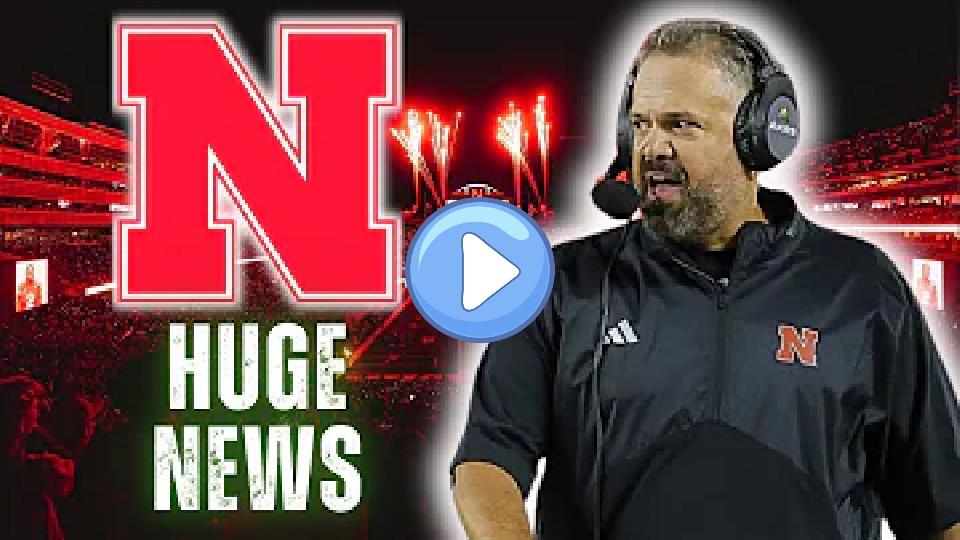David Klingler's Sports Injuries
Type of Sport: American Football
David Klingler's Sports Injuries Table
| Type | Area | Date | Consequences | Content | How It Happened | Recovery Duration | Rehabilitation Details | Impact On Career | Psychological Impact | Previous Injuries | Return To Competition | Severity | Treatment | Medical Staff | Long Term Impact | Preventive Measures | Competition Missed | Initial Symptoms | Re Injury Risk | Support System | Rehabilitation Location |
|---|---|---|---|---|---|---|---|---|---|---|---|---|---|---|---|---|---|---|---|---|---|
| Elbow Injuries | Right Elbow | 1992-11-14 | The injury significantly affected his throwing ability and led to limited playing time. | The injury occurred during a regular season game, and it was evident that Klingler was in pain immediately after the throw. The medical team assessed the injury on the field. | David Klingler suffered an elbow injury during a game while attempting to throw a pass. | 8 weeks | David underwent physical therapy sessions focusing on strength and flexibility in the elbow. | This injury reduced his effectiveness as a quarterback and contributed to a decline in his performance. | The injury led to a loss of confidence in his throwing arm. | 1993-01-10 | Severe | Rest, physical therapy, and anti-inflammatory medication. | Team physicians and physical therapists | Recurrent pain and limited range of motion in the elbow. | Strengthening exercises and proper warm-up routines. | 4 games | Sharp pain and inability to fully extend the arm. | High | Team support and family encouragement. | Team facilities and specialized sports clinic. | |
| Knee Injuries | Left Knee | 1993-09-19 | The injury required surgery and a lengthy rehabilitation period. | The injury was severe enough to necessitate immediate medical attention and an MRI scan, which revealed ligament damage. | Klingler injured his knee during a tackle in a pre-season game. | 6 months | Post-surgery rehabilitation included physical therapy and gradual return to running and agility drills. | The injury led to a significant amount of missed playing time and affected his mobility. | The long recovery period was mentally challenging, leading to frustration and anxiety about returning to form. | 1994-03-25 | Very Severe | Surgery to repair the ligament followed by extensive physical therapy. | Orthopedic surgeons and physical therapists | Chronic knee pain and decreased stability. | Strengthening exercises, proper conditioning, and knee braces during games. | Entire 1993 season | Swelling, instability, and severe pain in the knee. | Moderate to High | Support from team, family, and medical staff. | Hospital and team facilities. | |
| Shoulder Injuries | Right Shoulder | 1994-10-09 | The injury affected his ability to throw the football with accuracy and power. | The injury was a result of a heavy tackle which led to a dislocation of the shoulder. Immediate medical attention was required on the field. | Sustained a shoulder injury after being sacked during a regular-season game. | 12 weeks | Rehabilitation involved immobilization of the shoulder followed by physical therapy to restore range of motion and strength. | This injury further hampered his career, leading to reduced playing time and effectiveness. | Increased anxiety about sustaining further injuries and doubts about career longevity. | Right Elbow Injury | 1995-01-05 | Severe | Shoulder immobilization, physical therapy, and anti-inflammatory medication. | Team physicians and physical therapists | Recurring shoulder pain and potential for future dislocations. | Strengthening shoulder muscles and wearing protective gear. | 6 games | Severe pain, inability to move the shoulder, and visible dislocation. | High | Team support, family, and counseling. | Team facilities and specialized sports clinic. |
David Klingler's Sports Injuries Videos
Houston Cougars' David Klingler throws 9 TDs vs. LA Tech - Aug. 31, 1991 - ESPN highlights
Klingler succeeded Andrew Ware at Houston and continued the aerial assault Houston has become known for over the years. In the second quarter, he passed to John Brown III for a 15-yard touchdown, making it 10-3. Klingler then escaped the rush and connected with Freddie Gilbert, who raced 60 yards for a 17-3 lead. Another touchdown to Brown made it 31-3. Klingler's fifth touchdown pass in the quarter to Tracy Good made it 38-3, and a spectacular catch by Brown in the end zone made it 45-3.
In the second half, Klingler again connected with John Brown III, making it 52-3. He continued to light it up with a pass to Fred Gilbert, making it 59-3. Klingler's final touchdown pass in the third quarter to Good made it 66-3. He sat down after the third quarter, and Houston went on to win 73-3. Klingler completed 36 out of 57 passes for 510 yards, no interceptions, and nine touchdowns, setting a new NCAA record with six touchdowns in one quarter. His younger brother Jimmy replaced him after the third quarter.
Despite his performance, Klingler felt there was room for improvement, noting the difference between game and practice. He emphasized the importance of game experience to prepare for tougher opponents like Miami, Texas A&M, and Texas. Houston's next game was against Miami on September 12th. Klingler's five touchdown passes of less than 10 yards were part of his spreading the ball around to nine different receivers, and he now holds or has tied 34 NCAA passing records.
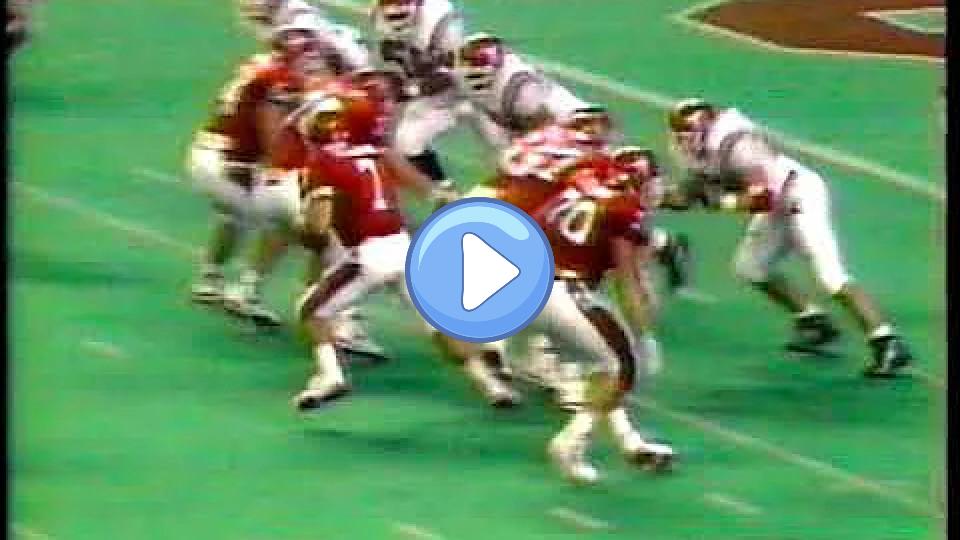
The Bengals' Back-to-Back First Overall Picks Did Not Go as Planned | NFL Draft Story
In the 1994 and 1995 NFL Drafts, the Cincinnati Bengals had the number one overall pick. In 1994, they selected Dan "Big Daddy" Wilkinson, a highly regarded defensive tackle from Ohio State. Known for his impressive physical attributes and performance at the combine, Wilkinson was expected to be the next Reggie White. However, while he had moments of brilliance, his performance was inconsistent, and he never fully lived up to the high expectations. Despite this, Wilkinson had a respectable 13-year career in the NFL.
In 1995, the Bengals traded up to select running back Ki-Jana Carter from Penn State. Unfortunately, Carter suffered a torn ACL in his first preseason game, drastically affecting his career. Although he returned in 1996, multiple injuries limited his impact, and he only made 14 starts over seven NFL seasons. Carter's potential was never fully realized due to these injuries, leading many to view him as a draft bust despite his talent.
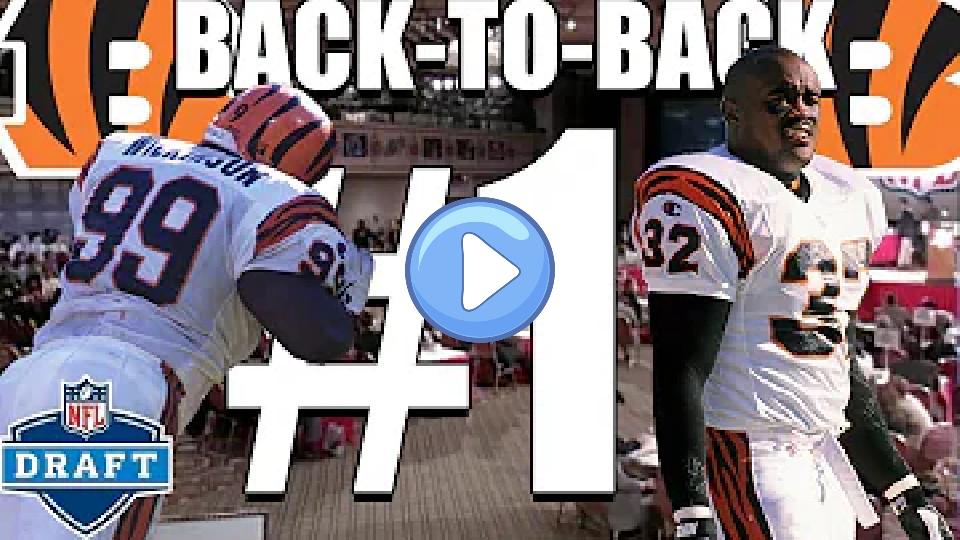
Colin White Leaves Game with Injury After Collision with David Kampf
Colin White was forced to leave the game after an awkward collision with Toronto Maple Leafs forward David Kampf. White was slow to get up near the Ottawa bench and appeared to be laboring as he was helped off the ice. The collision looked innocent, but White did not get up after going down awkwardly.
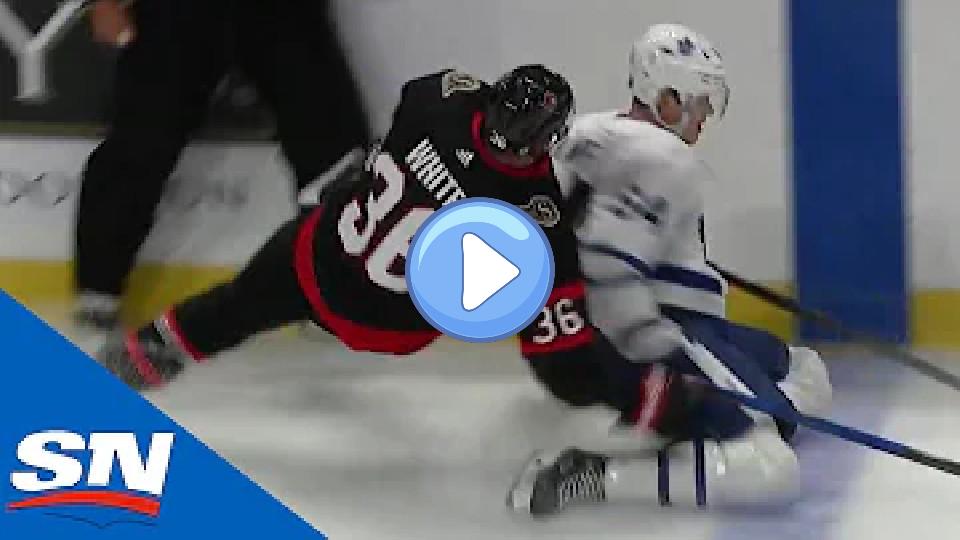
Former NFL QB David Klingler on breaking records, managing expectations, attending seminary, and teaching God's word
David Klingler, a former NFL quarterback and University of Houston standout, reflects on his journey from a record-setting college career to playing in the NFL and eventually becoming an associate professor of Bible Exposition at Dallas Theological Seminary. Klingler discusses the challenges and surprises of his NFL career, the impact of his faith journey, and his transition to teaching the Bible. He emphasizes the importance of reading and understanding the Bible as a cohesive story rather than isolated verses and shares insights on how this approach can transform one's understanding of scripture. Klingler, who no longer watches sports, finds fulfillment in teaching and studying the Bible, encouraging others to deepen their biblical knowledge.
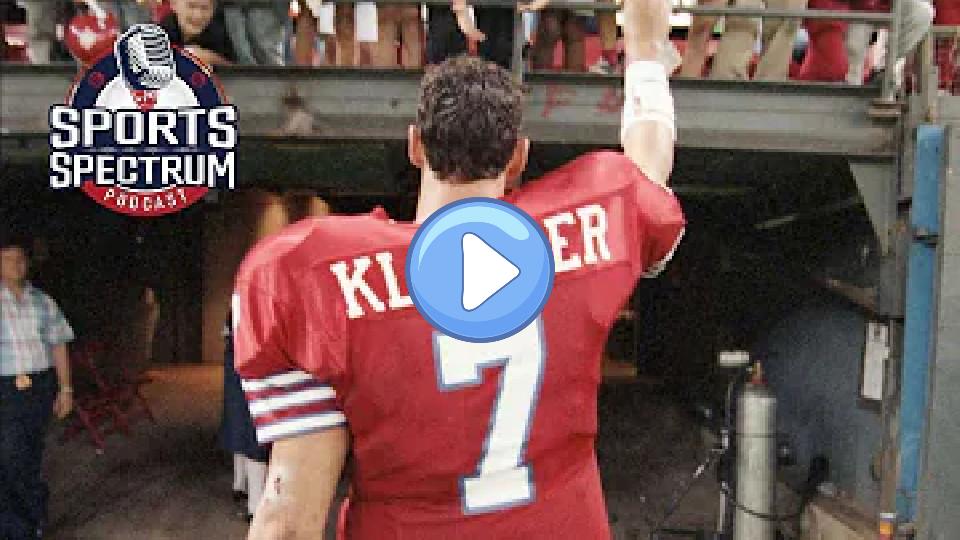
M*A*S*H - Col. Potter Lays Down the Law in HD
From Season 8, Episode 7 ("Nurse Doctor")
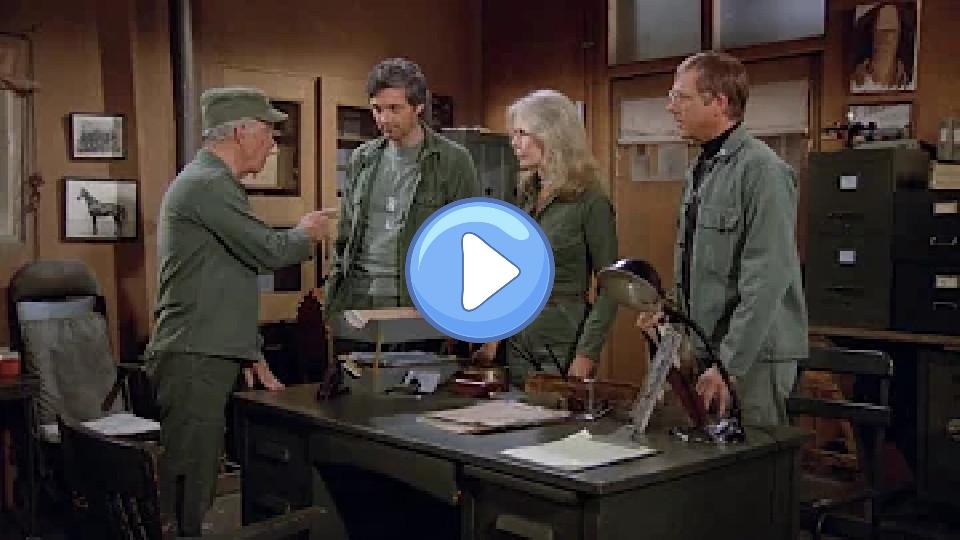
How This Kicker Left Announcers Speechless 🤯
Chris Blewitt, a kicker known for his challenging name, has been on a redemption journey. After a disappointing stint with the Washington Commanders in 2021, where three of his five field goal attempts were blocked, he spent 2022 without any NFL snaps. However, he made a comeback in the USFL, delivering impressive performances, including a five field goal game leading to a 21-13 victory and multiple four field goal games. His resilience was highlighted when, despite a blocked kick flashback, he successfully made a 59-yard field goal. His powerful 83-yard kickoff also showcased his strength. These achievements suggest that Chris deserves another chance in the NFL.
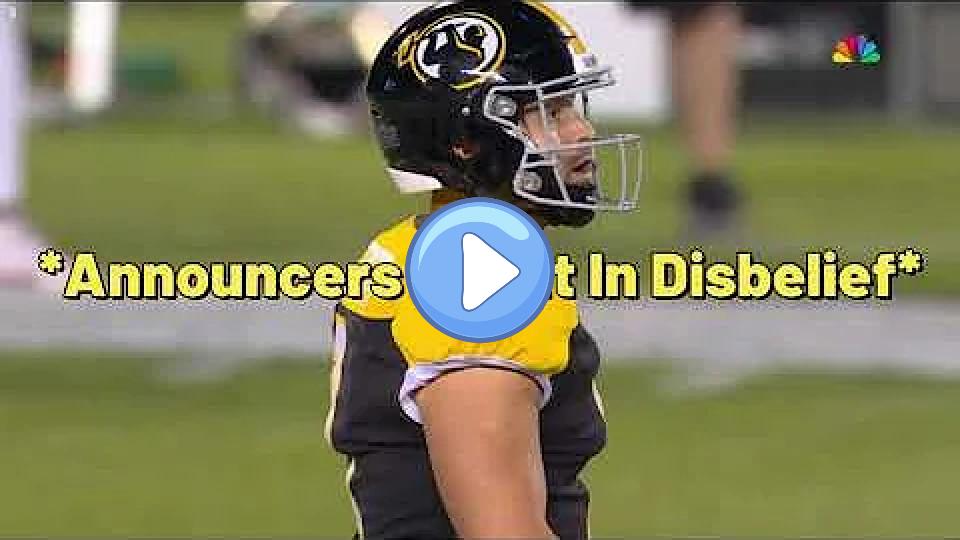
Well, @DavePortnoy still thinks Tua has much to prove. @Chevrolet #sho
Well, @Dave Portnoy still thinks Tua has much to prove. @Chevrolet

Reaction: Nebraska's Stadium Undergoes Major Transformation | Husker Football News
The video discusses Nebraska Football's decision to replace field turf with grass at Memorial Stadium by 2026. This change is significant as it aims to reduce injuries, improve player performance, and enhance the field's appearance. The move is expected to benefit player safety and comfort, addressing common issues associated with turf, such as harder impact and less shock absorption. The transition back to grass marks a notable change for Nebraska, which hasn't had grass since the 1960s. Overall, this decision is seen as a positive development for the team and its fans.
